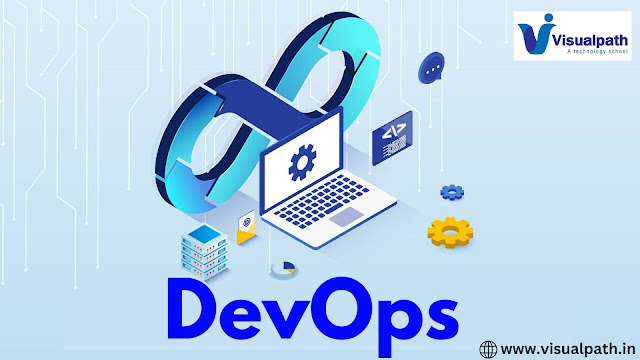The Evolution of DevOps: Unlocking Efficiency and Collaboration
.jpg)
In the rapidly evolving landscape of software development, efficiency, collaboration, and agility have become the pillars upon which success stands. DevOps , a term formed from the amalgamation of " development " and "operations," has emerged as a transformative approach to bridge the gap between software development and IT operations. It's not just a methodology or a set of tools; it's a cultural shift that aims to break down silos, foster collaboration, and streamline the delivery pipeline. Evolution of DevOps: DevOps didn't emerge overnight; it evolved in response to the shortcomings of traditional development and operations practices. In the past, development and operations teams operated in isolation, leading to communication gaps, longer development cycles, and an increased risk of errors during deployment. This siloed approach hindered innovation and hampered the ability to respond quickly to market demands. The need for a more integrated and aut...
.jpg)

.jpg)
.jpg)
